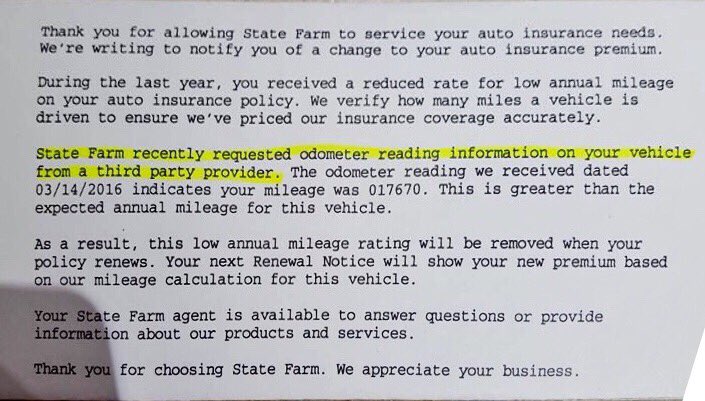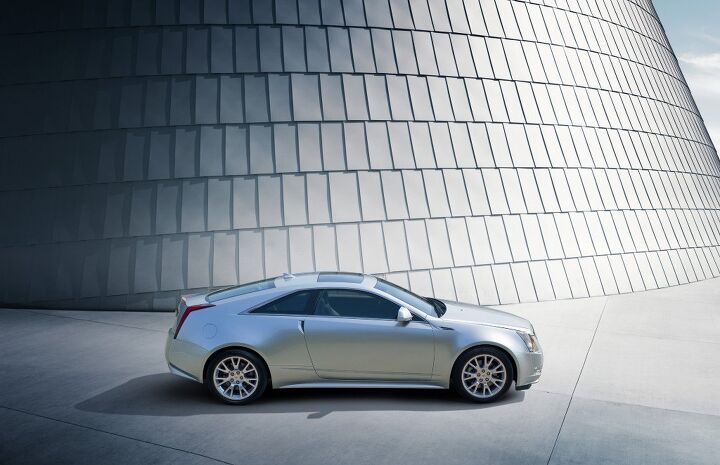#disclosure
Your Quick Lube Place Is Probably Snitching on You to Your Insurance Company
Ever wonder exactly how the various “quick-lube” places in your city made a profit?
The price of motor oil rises and falls — mostly rises — but the pricing stays at $19.95 or $24.95 or whatever your local market will bear. As fate would have it, most of my vehicles aren’t compatible with the quick-lube business model of having some sweaty dude waving your air filter in your face and telling you that it has the Zika virus while an actual rhesus monkey cross-threads your drain plug using an impact gun. My 993, as an example, has two oil filters, while my Boxster requires a 32-step process to get to the air filters. Nor would I trust my mighty Accord V6 to somebody whose path in life hasn’t qualified them to work above ground.
Not all of us have the luxury of doing our own oil changes at home, however. You might not have the space, the tools, the ability, or the time that’s required to do it correctly yourself. That last factor is perhaps the biggest. If you’re working two McJobs to make ends meet, the Valvoline Oil Change down the street might be your only practical choice. The good news: it’s cheap. The bad news: some of that cost savings comes from another way the shop makes money on you, without you even knowing.
Slack Chat: We Talk About Disclosure. This Is Where We Stand.
A picture is worth a thousand words, they say.
However, during the last few days, it’s become incredibly clear that some automotive journalists don’t have a deep (or shallow) understanding of ethics and disclosure. Even TTAC, at times, has failed to disclose the extent of the consideration offered by manufacturers during press trips.
This is where we fix all of that.



















Recent Comments